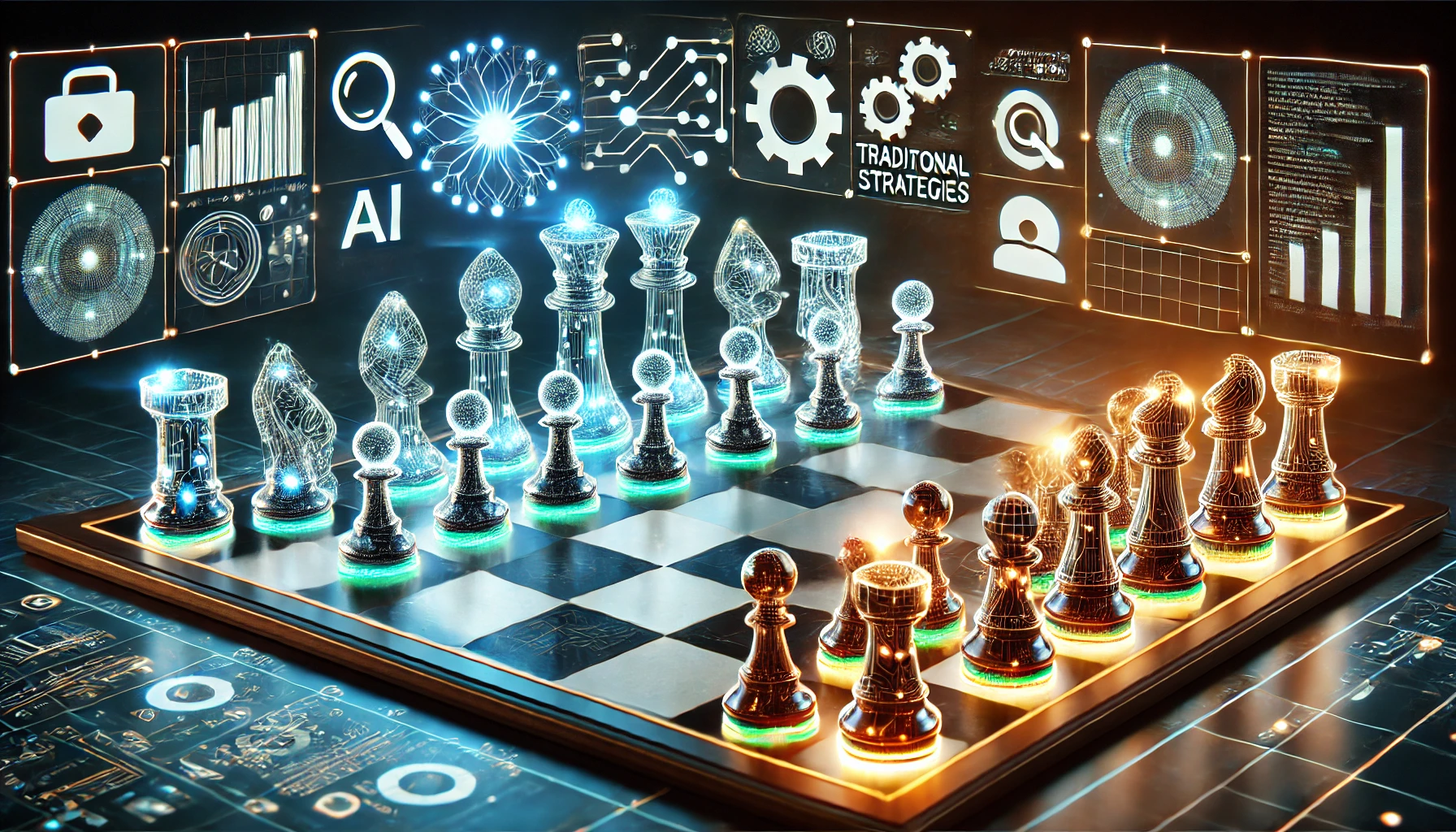1.Meta tags for SEO: What you need to know
Meta tags are essential for SEO, acting as control levers to boost visibility, drive clicks, and shape how AI perceives content. Key elements like title tags, meta descriptions, and robots meta tags remain crucial for rankings and user engagement in 2025. Properly optimized meta tags can significantly impact click-through rates and overall search performance. [Source: Search Engine Land]
2. From Hype To Implementation: How Marketers Are Really Using AI
Marketers are leading the way in AI adoption, fully integrating it into workflows to boost efficiency and gain insights. Despite widespread use, challenges remain in seamlessly embedding AI into existing tech stacks. The future of marketing agencies lies in AI-centric ecosystems that enhance creativity, strategy, and innovation. [Source: Forbes]
3. From billboard to your pocket: How mobile targeting is reinventing OOH advertising
Mobile targeting is revolutionizing Out-of-Home (OOH) advertising by integrating physical and digital marketing. Techniques like geofencing and retargeting allow brands to engage consumers on their mobile devices after seeing an outdoor ad, enhancing engagement and conversion rates. However, challenges such as data privacy and high costs persist. [Source: Exchange4Media]
4. What the AI transformation of consumer industries can teach others
AI is transforming consumer industries by enhancing efficiency, innovation, and customer engagement. Companies are leveraging AI to reimagine their value chains, leading to significant business and societal impacts. Key areas of transformation include strategy, innovation, customer engagement, and operations. [Source: World Economic Forum]
5. How Should Gen AI Fit into Your Marketing Strategy?
To effectively integrate generative AI in marketing, companies should balance automation, customization, and human oversight. Key decisions include choosing between generative and analytical AI, determining the need for custom inputs, and deciding the level of human review required for outputs. [Source: HBR]
6. Why Voice May Be the Ultimate CX Interface for AI Adoption
Voice-first experiences are becoming the fastest path to meaningful AI engagement, as people increasingly prefer talking to their devices over typing. This shift is particularly evident among younger generations and is expected to accelerate AI adoption by making interactions more natural and frictionless. Businesses should integrate voice capabilities into their products to meet this growing demand. [Source: CMS Wire]
7. OOH campaigns that turned heads this IPL
Brands have launched creative outdoor campaigns during the IPL 2025 season, such as PUMA’s fan-featured billboards for RCB and Too Yumm’s edible placards. These campaigns aim to engage fans and create memorable experiences beyond the stadium. [Source: Echange4media]
8. Fueling CX Growth: How data and AI are becoming the driving force for personalization
Businesses are leveraging first-party data, AI, and predictive analytics to enhance customer experience (CX) and drive growth. A recent panel at Ad:tech India 2025 highlighted how brands can use these tools to personalize interactions, boost engagement, and build lasting consumer relationships. [Source: Adgully]
9. The Role of Data Privacy in Permate Affiliate Marketing Efforts
Protecting personal information is crucial in affiliate marketing, as it builds trust and ensures compliance with regulations. Strong data protection practices not only safeguard consumer privacy but also enhance business credibility and long-term success. [Source: MSN]
10. How To Use AI And Machine Learning To Transform Your Marketing Strategies
AI and machine learning are revolutionizing digital marketing by enabling hyper-personalization, predictive analytics, and automated ad targeting. These technologies help brands enhance customer experiences, anticipate trends, and optimize campaigns efficiently. Embracing AI-driven tools is essential for staying competitive in the evolving marketing landscape. [Source: Forbes]





